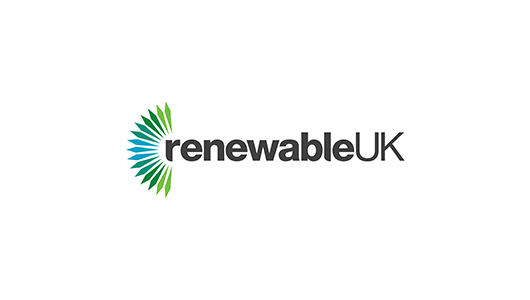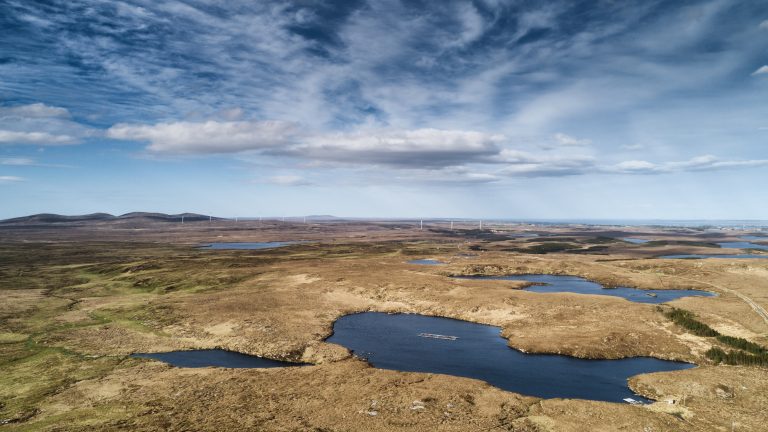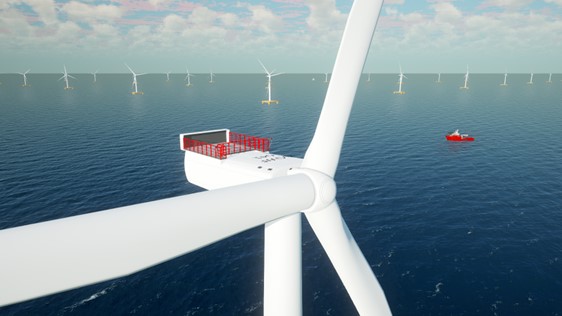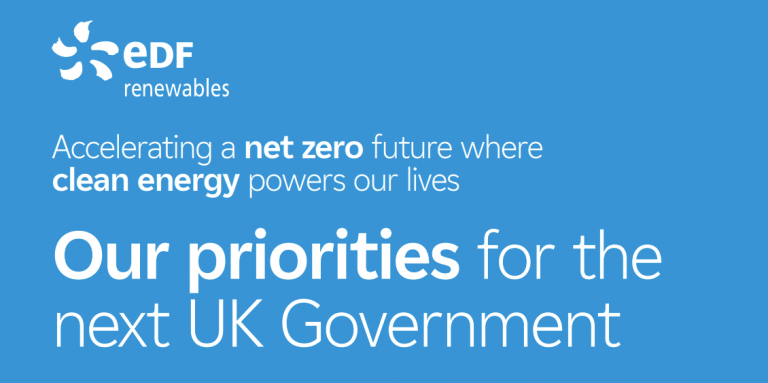We’re the proud sponsor of the Allyship Award at the inaugural Evenfields Black Talent Awards on 29 September. San Johal, our Chief People Officer, explains why allyship is so important in the workplace – and how we’re helping to foster a culture that values inclusivity at EDF Renewables.
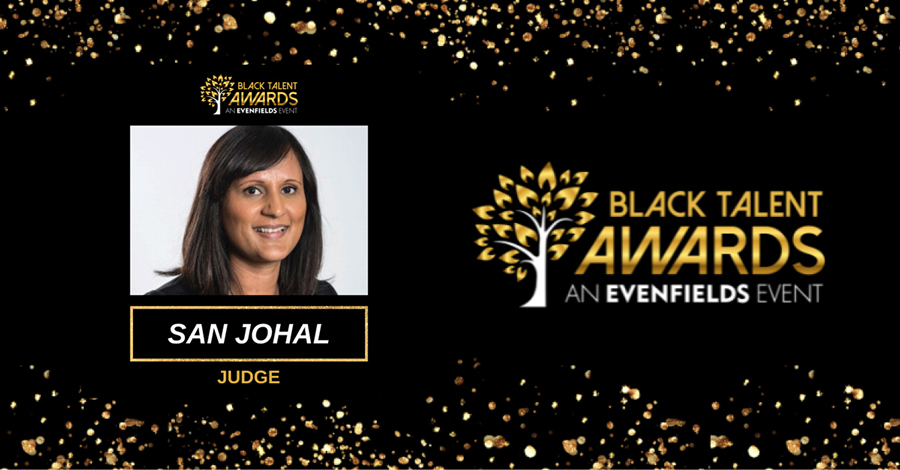
Q. Why is it important that we sponsor a category in these awards?
A. We’re in our second year of rolling out our Diversity & Inclusion (D&I) strategy. The first year was all about building awareness, setting targets for our D&I goals and deciding how we’d measure these. Now we’re in the delivery phase of that strategy. So we’re being more specific about the diversity elements in talent discussions, performance management and recruitment.
This sponsorship opportunity came up at a time when I was feeling that we needed to be bolder and more forthright in our ambitions – and amplify what we’re doing externally.
We’ve never sponsored an awards event like this; it’s a departure from us as we’ve traditionally focused on industry-specific awards. But it felt like the right time and the right thing to be sponsoring, especially as it’s the first time the awards have ever been held. This was an opportunity for us to explicitly state our support and ambitions for allyship, and inclusion, more broadly. I really hope it opens the door to more opportunities.
Q. Why is sponsoring an award about allyship, in particular, so important?
A. Allyship is one of the more powerful tools in the D&I agenda because it provides a framework for approaching uncomfortable topics or difficult questions.
I’m a firm believer that the lack of diversity shouldn’t be put at the feet of those in the minority groups, but instead collectively owned by us all. Allyship is one way in which we can involve people in that collective ownership.
Allyship forces and channels a way of thinking that goes beyond ourselves and our own lived experiences. It helps us understand the lived experiences of those in minority groups who have been in the same scenarios as ourselves. So we can understand, for instance, how career progression for a person from a minority group might look different to our own.
Q. How has EDF Renewables embraced allyship?
A. We’re still in a place where we’re trying to embed inclusive thinking, rather than focusing on diversity in what we do. Whether that’s looking at routine processes or how we position ourselves in the marketplace as an employer of choice. We want to embed this inclusive way of thinking across the organisation so D&I isn’t seen as a special project that sits outside day-to-day working life.
Last year, we introduced the concept of allyship and it had a pretty far-reaching and deep impact across the business. We’ve since been trying to develop this approach to involve everyone in D&I conversations, not just minorities.
A good example is the work we’re doing on our employee value proposition. We’re trying to get to the crux of what the culture of EDF Renewables is now, what it’ll look like in the future and where it needs to be improved. At our core are the things we value most – values such as passion, kindness and honesty. For me, those values speak not only to the D&I agenda, but also the type of inclusive culture that’s required to be successful.
Q. What does allyship mean to you, on a personal level?
A. When I look back on my career, I have experienced some difficult things that weren’t very inclusive or supportive of diversity. Looking back, having the support of an ally in the workplace would have helped me and built up my confidence quicker. Instead, I told myself that certain places or companies simply weren’t the right environment for me.
Who knows for certain, but I really believe that anything we can do in this space to enable people at all levels, all stages of career, to feel they have the support of others and are listened to has got to be a positive thing.
Q. How can team allyship help individuals in an organisation?
A. While we want to encourage people to be individual allies, we also recognise that as employers we need to place organisational importance on allyship and create the conditions for allyship to flourish. This might be through the creation of business networks, and allowing a safe space for people to share experiences and allies to evolve from that. In many ways it’s a slow burn, but giving people a place to share interests and values is important for a sense of belonging.
Q. Could the renewables industry do more to promote allyship?
A. There’s always more that could be done. But the fact renewables is such a fast-growing sector has a good impact on D&I more broadly. Competition encourages more creativity in the mix of workforces and encourages us to think differently. This brings greater diversity in recruitment, which is fantastic.
At the same time, it’s forcing us not just to think about attraction and recruitment, but the cultural conditions we’re creating in the business to persuade sought-after talent to want to stay with us. And that’s resulting in a move to a more inclusive culture, which is a good thing.
Q. Finally, do you have a message for the nominees in the Black Talent Awards?
A. It’s an amazing achievement – especially in these inaugural awards –to have been nominated and recognised. So whether you win or not on the night, it’s a true moment to enjoy and cherish, and use to its full advantage to drive greater inclusion.

Chief People Officer



